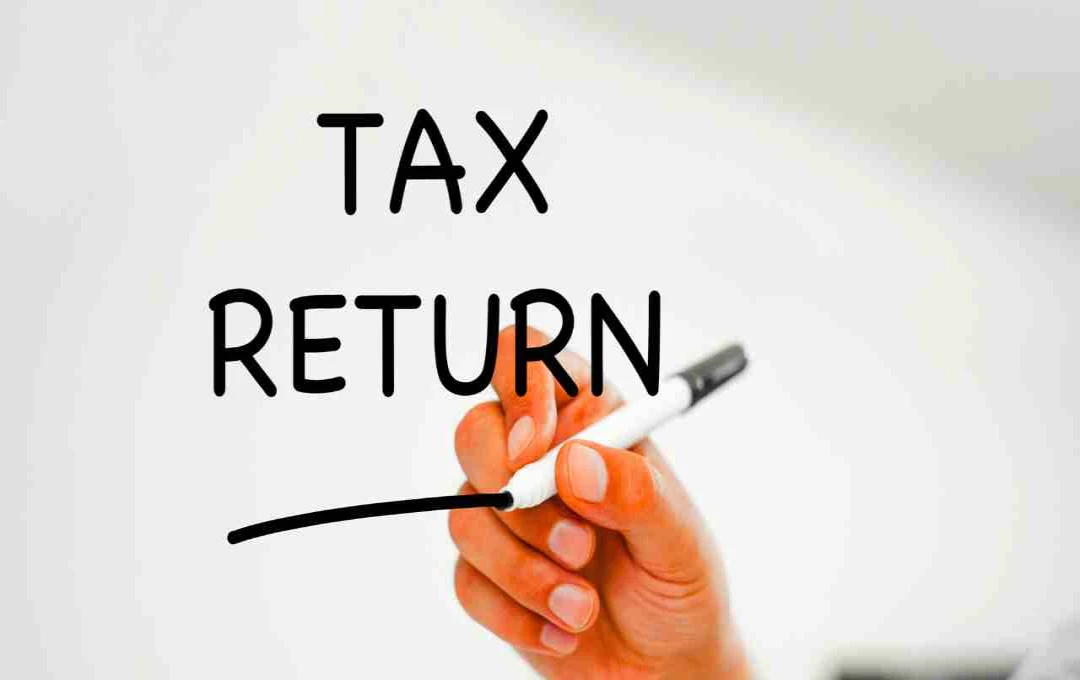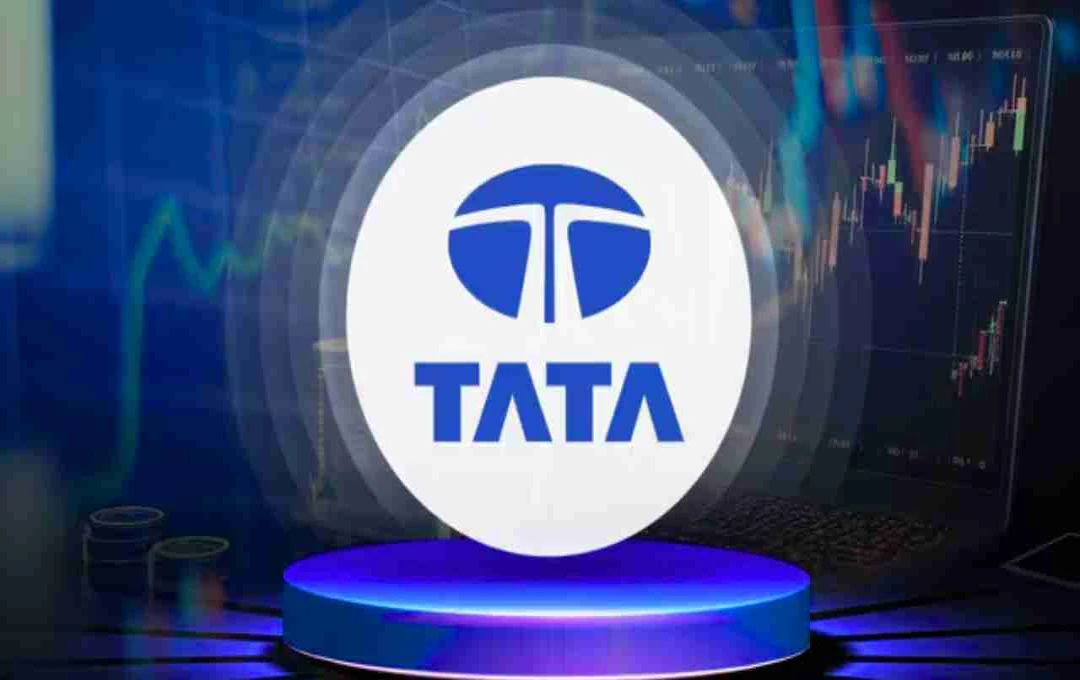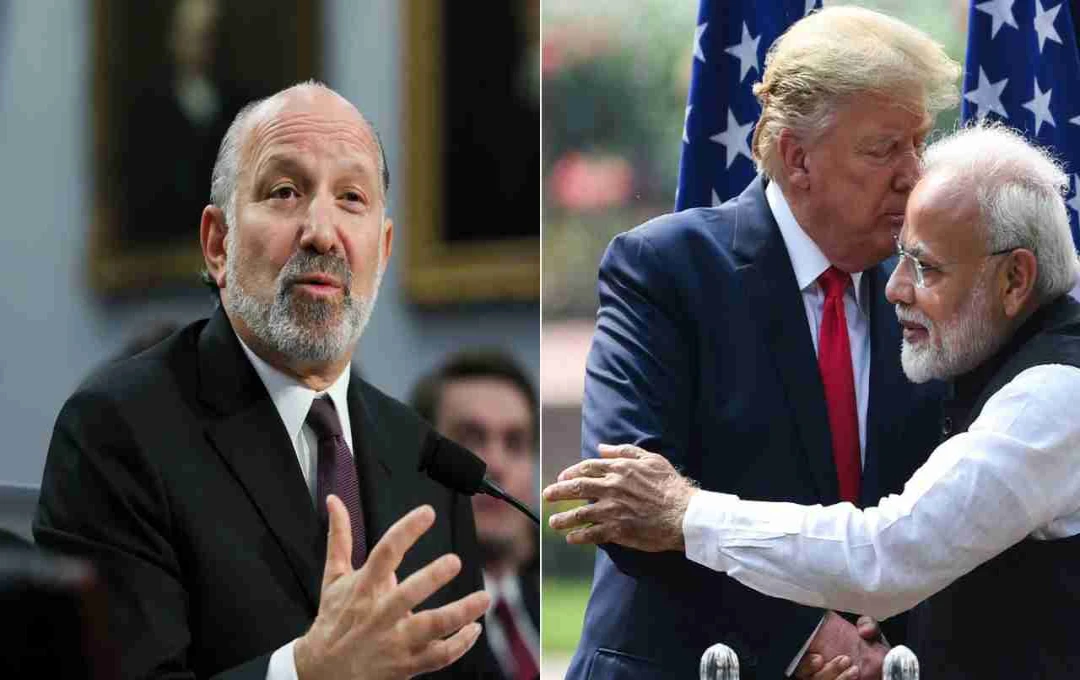The Indian government has expressed deep concern over the imposition of additional taxes on ethanol by Punjab, Haryana, and Himachal Pradesh.
India's clean energy mission and alternative fuel policies suffered a setback when three major states in North India—Punjab, Haryana, and Himachal Pradesh—decided to levy additional taxes on ethanol. The central government and ethanol industry organizations are not only concerned about this decision but also consider it a major obstacle to achieving ethanol blending targets.
The Indian government aims to achieve 20 percent ethanol blending in fuel by 2025-26 and 30 percent by 2030. This mission not only helps reduce the country's dependence on energy imports but also plays a crucial role in strengthening the rural economy and protecting the environment. The decision by the three states to impose separate taxes on ethanol could significantly impact this target.
Center registers b objection
The Ministry of Petroleum and Natural Gas has formally written to all three states, registering its objection. Letters were sent by Praveen M. Khanuja, Additional Secretary of the Ministry, to the Chief Secretaries of Himachal Pradesh, Punjab, and Haryana on March 27, April 8, and May 23, respectively.
These letters clarified that permit fees, distillery license fees, renewal fees, and other regulatory provisions on ethanol could hinder its smooth supply and transportation. The Ministry also stated that the newly imposed taxes on ethanol are not only economically detrimental but also against the GST policy, as ethanol is already under GST.
Impact on fuel costs and environmental goals
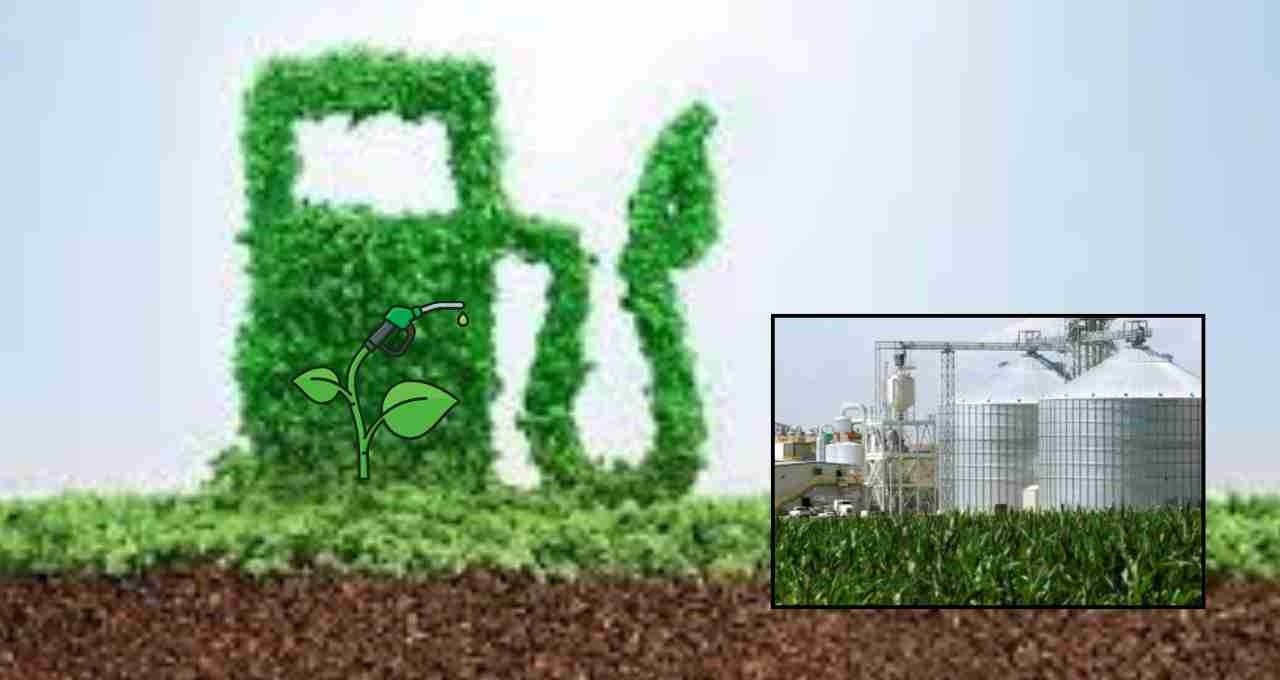
The central government believes that these taxes will increase the cost of ethanol-blended petrol, adding an economic burden on the general public. Furthermore, reduced ethanol use could jeopardize the national goal of reducing carbon emissions.
The government warned that such state-level policies could disrupt the overall national ethanol blending program. This is particularly important given India's b commitment to combating climate change on international platforms.
Unease in the ethanol industry, manufacturers' demands
Industry organizations, including the Grain Ethanol Manufacturers Association, have criticized the states' decision. They stated that their profits are already being affected by rising raw material prices and lack of price stability from government oil companies. These additional taxes will further increase costs, impacting production and potentially jobs.
Industry organizations stated that if the states do not revoke this decision, many units may have to halt production or operate at a loss. They demanded that state taxes on crucial alternative fuels like ethanol be abolished or determined in coordination with the center.
State positions and political backdrop
The three states are governed by different political parties: Congress in Himachal Pradesh, Aam Aadmi Party in Punjab, and BJP in Haryana. Notably, Haryana, politically aligned with the ruling party at the center, independently decided to impose a tax on ethanol.
The central government expected the Haryana government to align with the central energy policy; however, the failure to do so has created a controversy. This situation highlights how a lack of coordination between the center and states can affect national missions.
Potential impact on blending targets
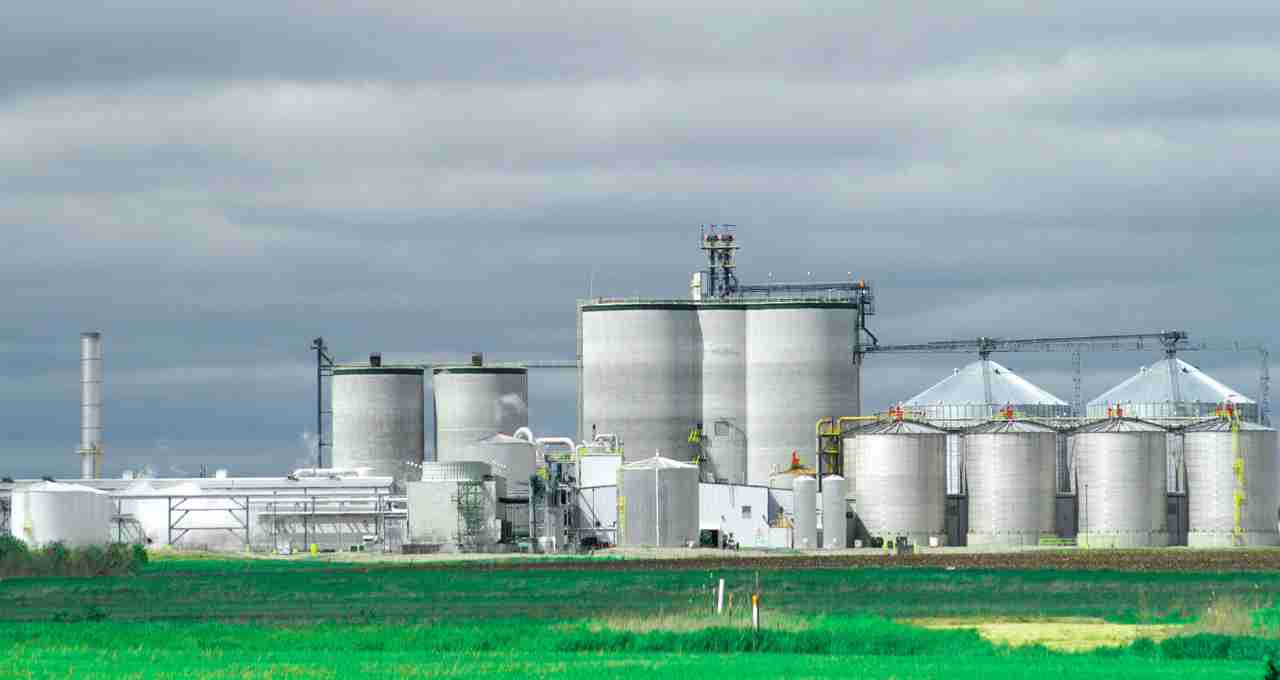
The three states have achieved satisfactory progress in the ethanol blending program so far, reaching approximately 18 percent in the current supply year. However, the center believes that if these taxes persist, achieving the 20 percent blending target will be difficult.
Furthermore, reports indicate that Punjab and Haryana are the only states that have specifically levied taxes on ethanol. Himachal Pradesh has also done so, but its role is somewhat different as distillery activities are limited there.
Legal and policy questions raised
Since ethanol falls under GST, the imposition of separate taxes by states could be legally contentious. The central government has hinted that if these taxes are not withdrawn, the matter may escalate and hinder policymaking.
Center's appeal and offer of cooperation
The Petroleum Ministry clarified its willingness to work in coordination with the states. The center reiterated that its aim is not merely to remove the taxes but to ensure the national goals of clean energy, self-reliance, and rural development.
The center appealed to all state governments to view this policy from a national perspective and focus on long-term social and environmental benefits instead of minor revenue gains.


